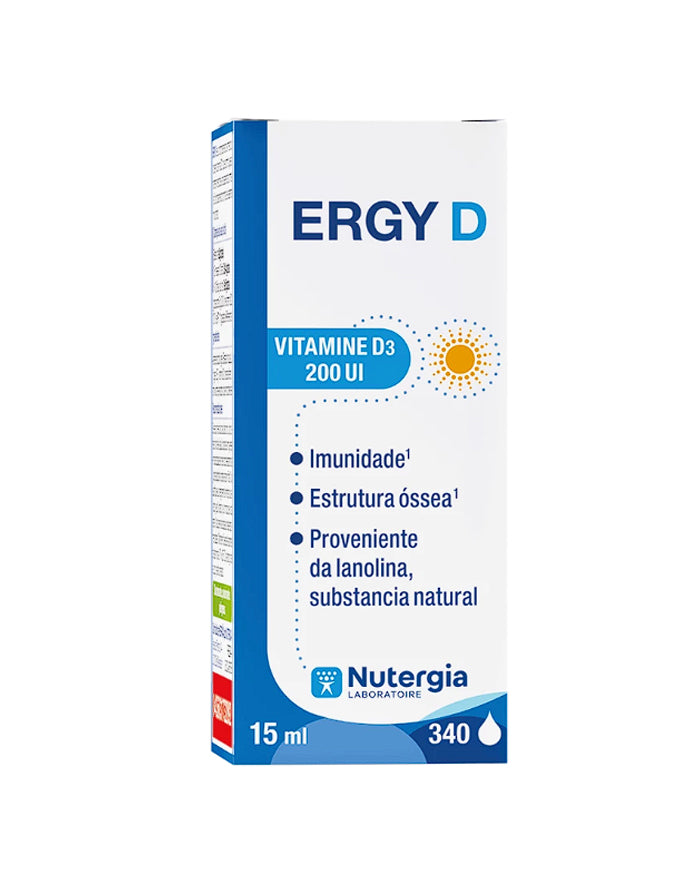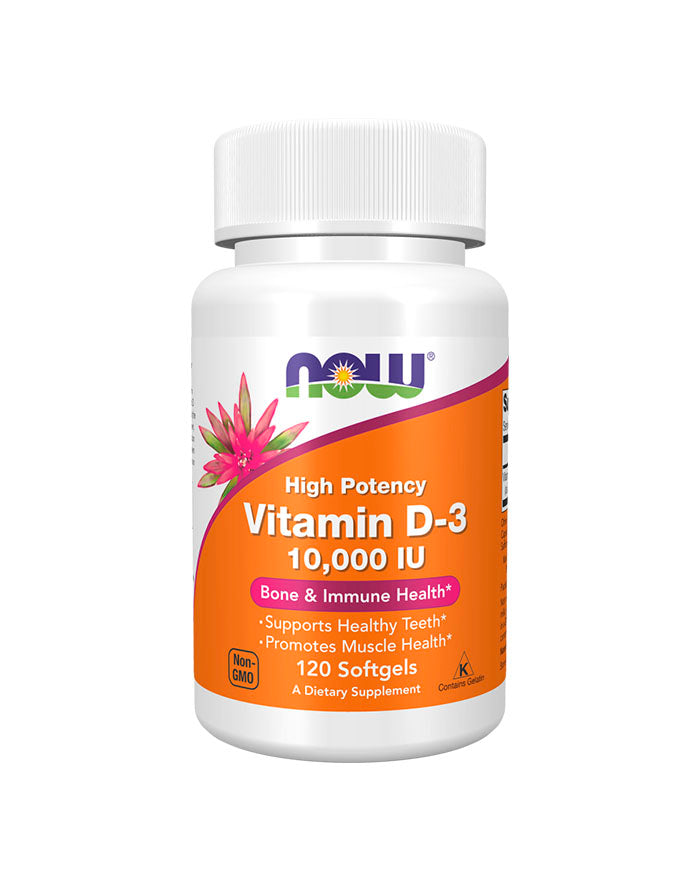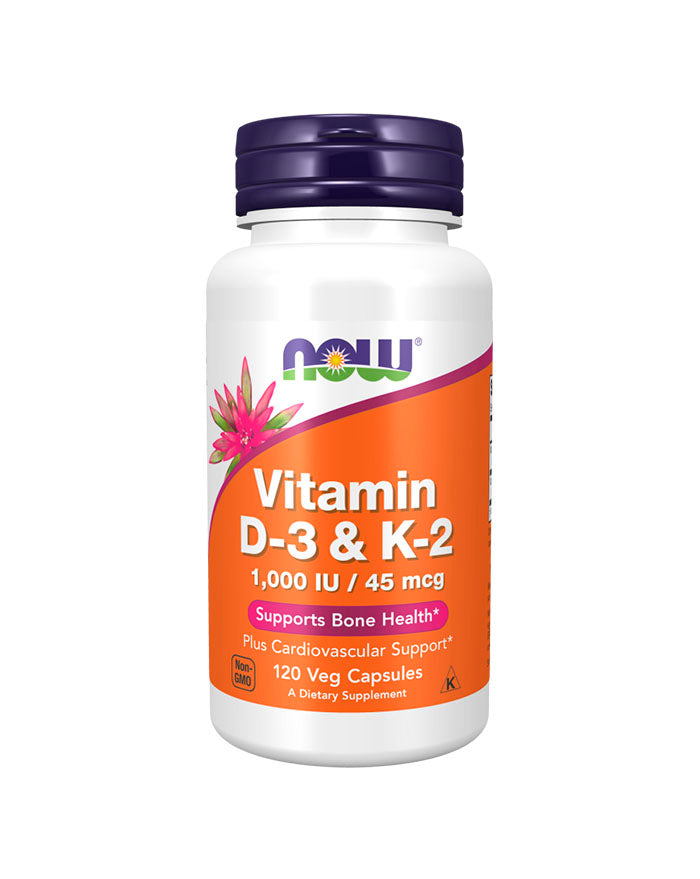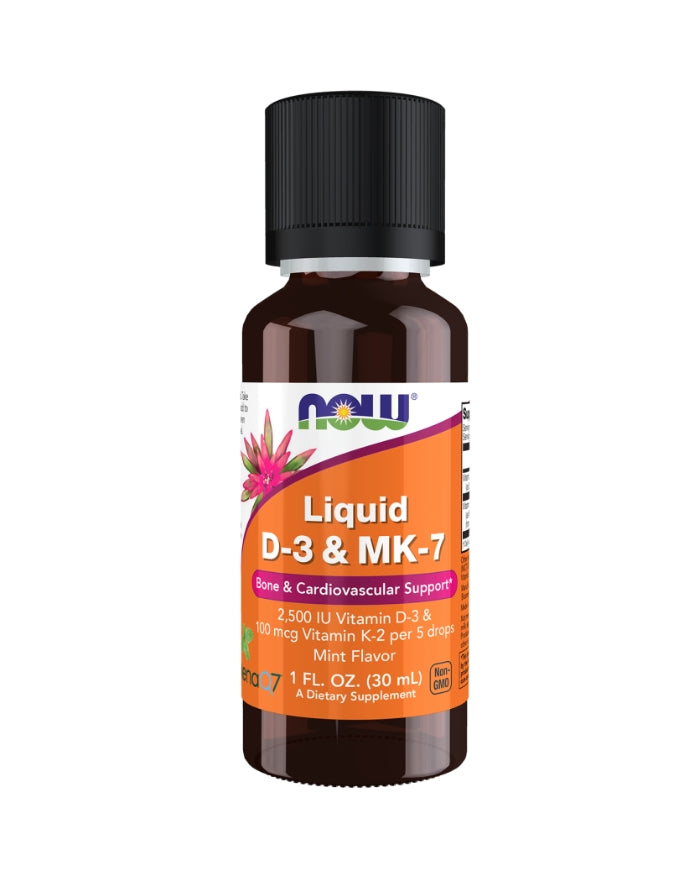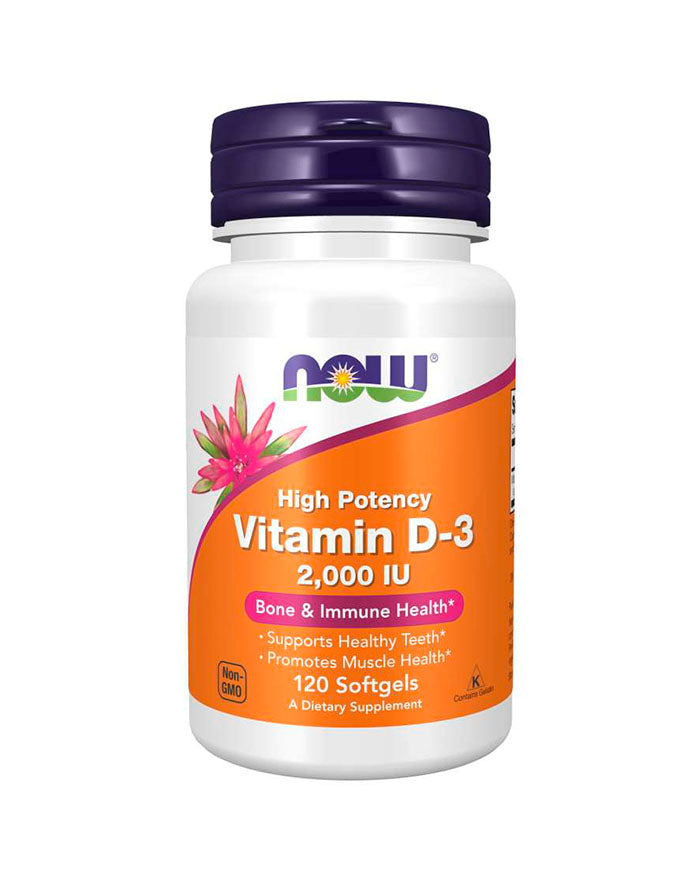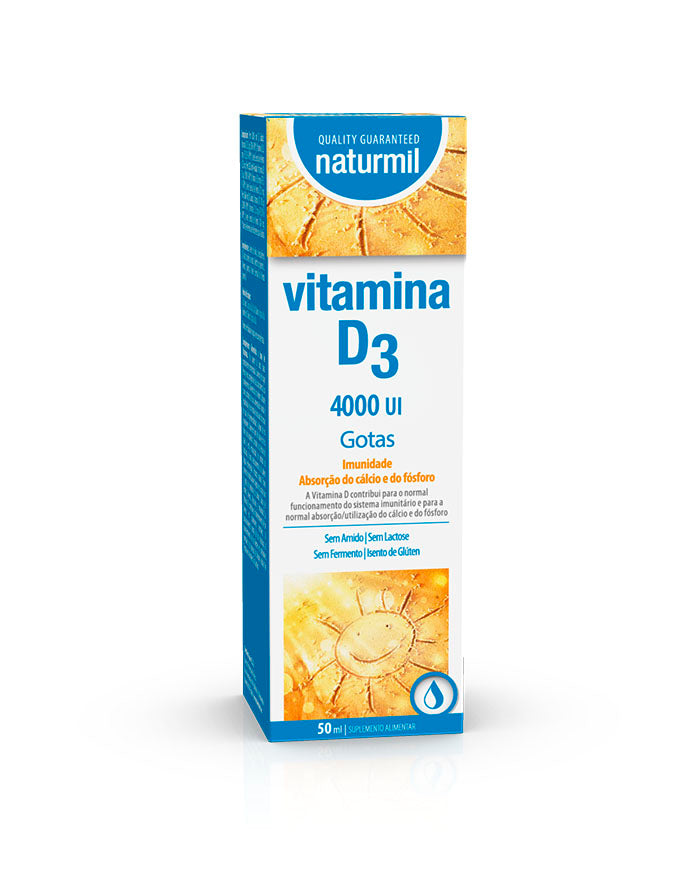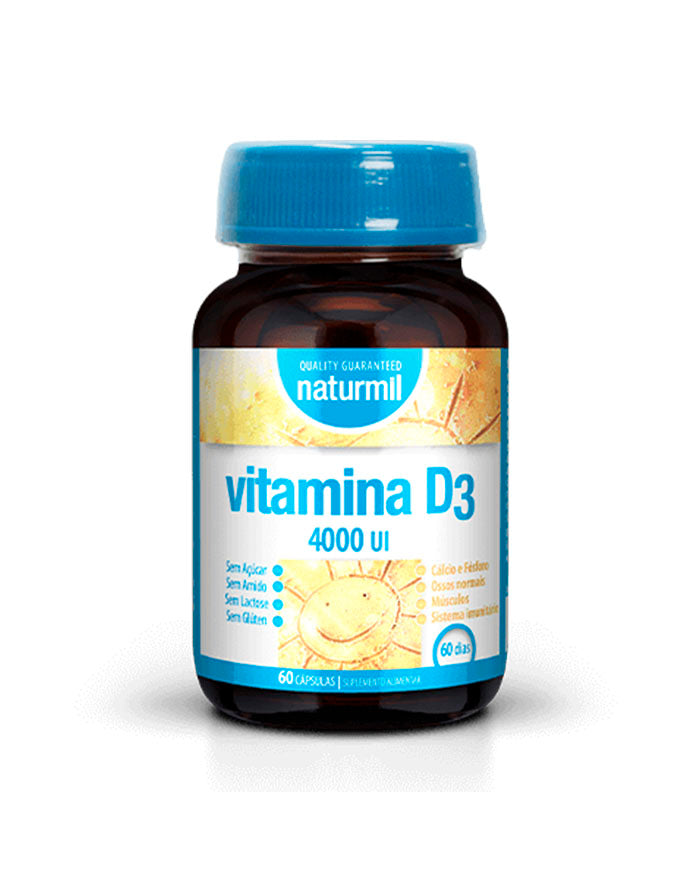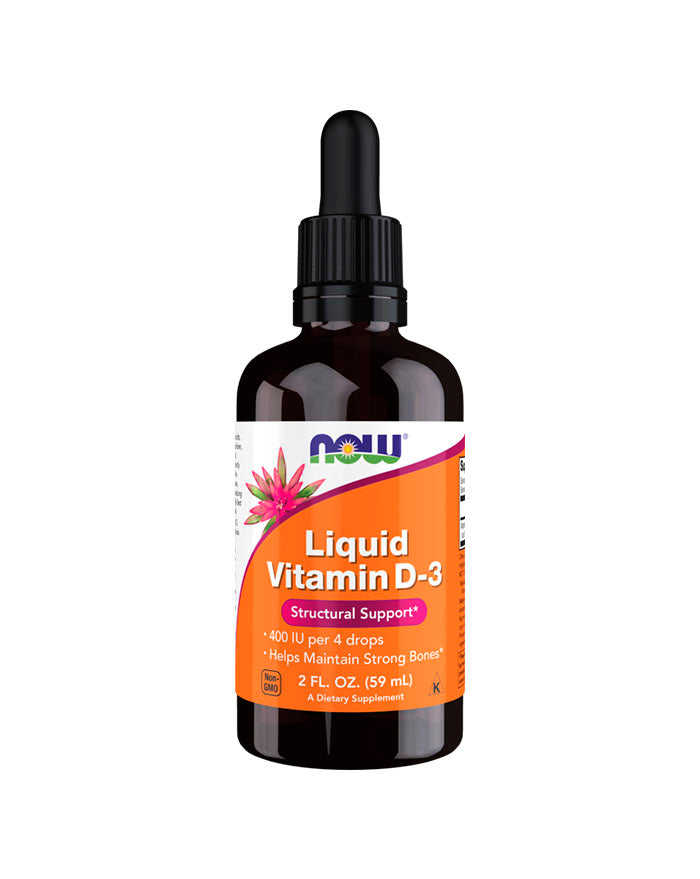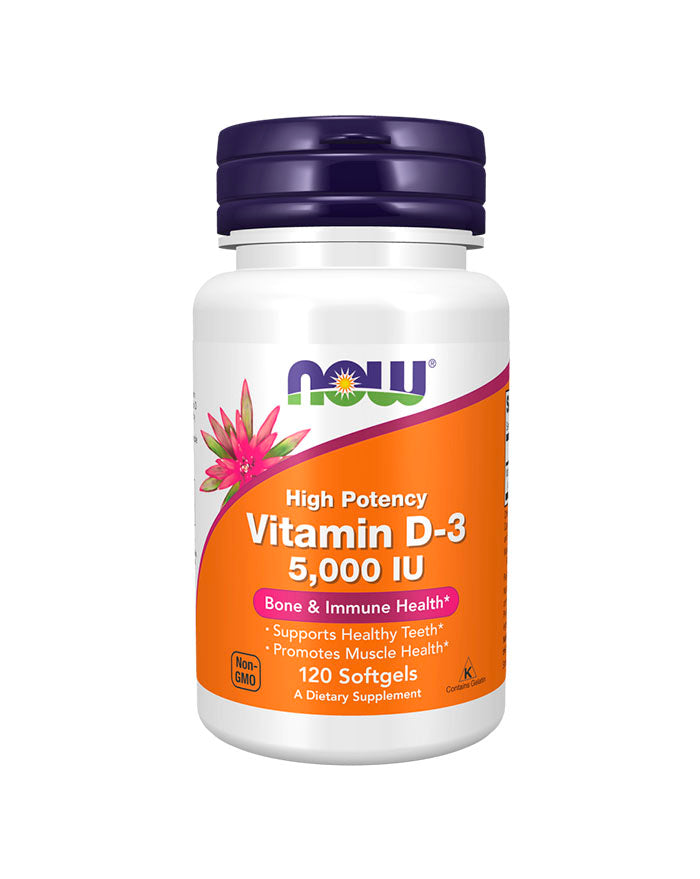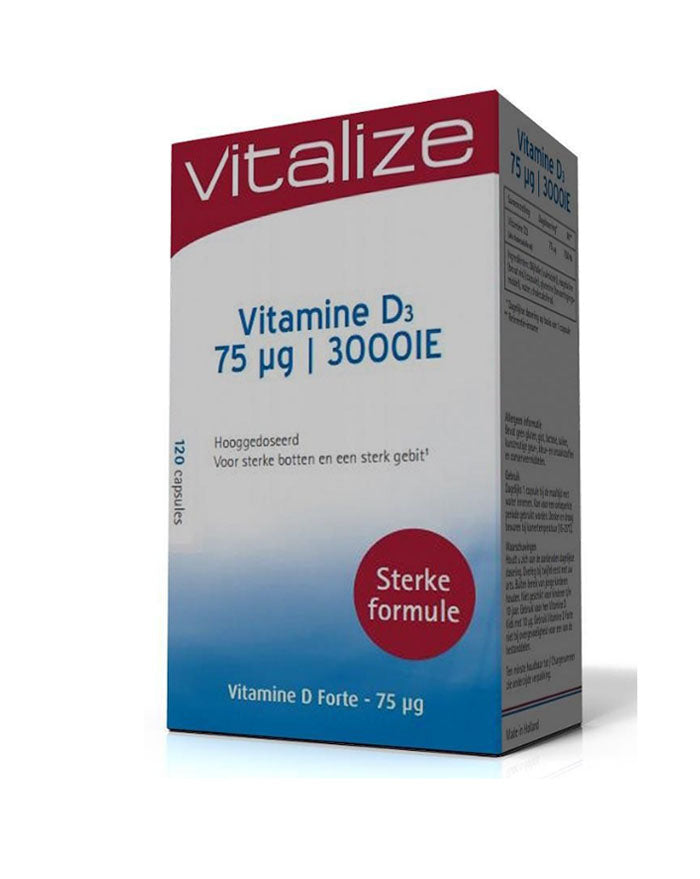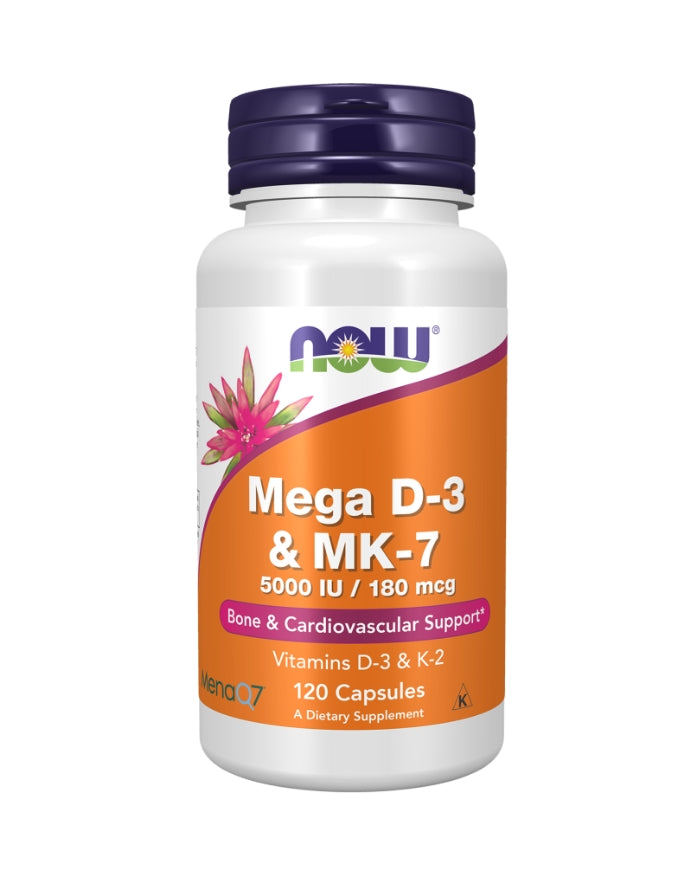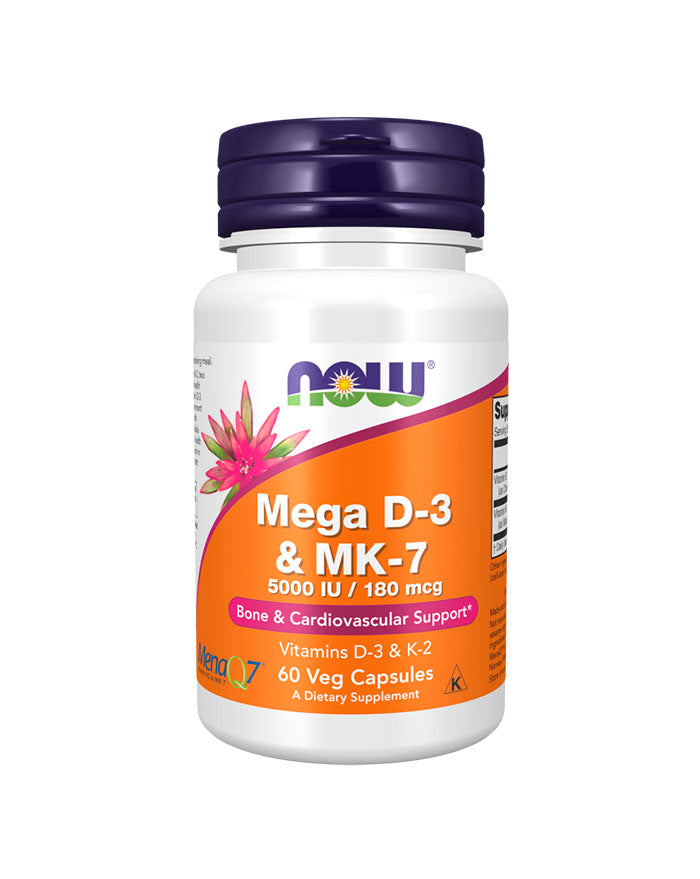Did you know that Vitamin D is not a vitamin, but a hormone? Since Vitamin D is synthesized from cholesterol and modified by a series of chemical reactions, it ends up becoming a hormone and then it really comes into action!
As a steroid hormone, It controls more than 200 genes in the cells of our body and has an indirect influence on more than 2,500 genes in total . Here you can get an idea of the vital importance that this hormone has for our health.
Vitamin D has many benefits for our body, one of which is that it is co-responsible for maintaining the health of our bones.
Other of its main functions are:
- Reduce the risk of respiratory infections and allergies
- Increase immunity
- Contribute to the fight against diseases
- Stimulate bone mineralization
- Reduce risks associated with cancer, heart attacks and strokes
- Reduce the risk associated with Type 2 Diabetes
Vitamin D is found in foods such as salmon, sardines, spinach, egg yolk, beef liver, cod oil, among others... Direct exposure to the sun also helps to synthesize this hormone. The ideal would be to be exposed to the sun for at least 20 minutes a day.
However, in the vast majority of cases, diet and sun exposure alone are not enough to achieve optimal levels of Vitamin D in the body, so supplementation is necessary.
Vitamin D is essential for life.
In Europe about 2/3 of the population is deficient in this vitamin , which negatively affects health.
What is the recommended dosage?
In Summer: 2000UI
In Spring and Autumn: 3000UI
In Winter: 5000UI
In cases of insufficiency: 10000UI
Vitamin D should be combined with Vitamin K2 which acts mainly on the health of blood vessels.
Vitamin K2 supplementation together with Vitamin D Vitamin D is essential because they both work together to promote bone and cardiovascular health. Vitamin D increases calcium absorption in the intestine, while Vitamin K2 ensures that this calcium is directed to the bones and teeth, preventing it from accumulating in unwanted places, such as arteries and soft tissues. Together, they help prevent osteoporosis, reduce the risk of arterial calcification and promote optimal calcium balance in the body.
Before starting any type of supplementation, we recommend that you consult a specialist.


